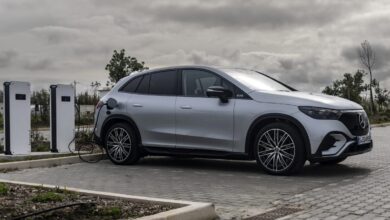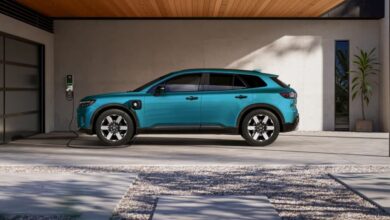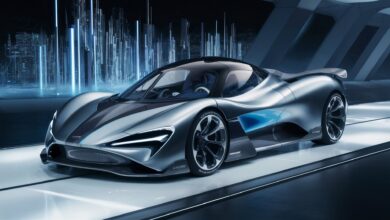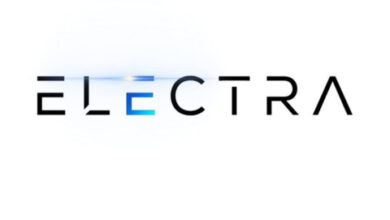BMW Group and Rimac Technology Forge Alliance for Future Electric Vehicle Batteries
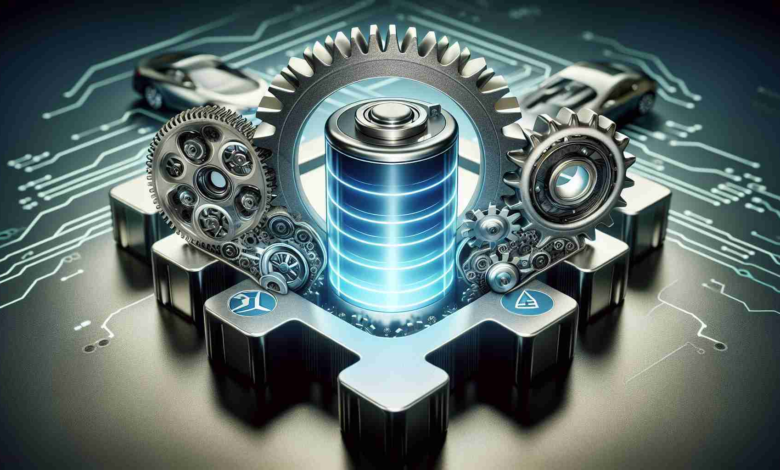
In a momentous move to enhance electric vehicle technology, the BMW Group and Rimac Technology have solidified a long-term partnership focusing on the development of next-generation high-voltage battery technology. This union promises to marry BMW’s extensive electric mobility expertise with Rimac’s pioneering high-performance electrification components to produce superior battery solutions for upcoming electric cars.
Summary:
The venture signals a strategic move for BMW to cement its role at the forefront of electric vehicle innovation. With an anticipated surge in electric vehicle sales before 2030, BMW is bolstering its position through this collaboration. By joining forces, BMW leverages over a decade of experience in battery and electric drive systems, while Rimac adds its specialization as a prominent Tier 1 electrification supplier, showcasing on-site designed and engineered high-voltage battery packs and e-drive systems.
Rimac Technology, a distinguished entity within the Rimac Group, is transitioning from a niche high-performance solution provider to a high-volume production supplier, reflecting the company’s ambition and growth trajectory. This includes establishing the Rimac Campus, a testament to the company’s readiness to undertake large-scale automotive projects. Details about the strategic partnership’s framework will be released in due course. Additionally, the BMW Group is independently advancing with the launch of its sixth generation of BMW eDrive technology, promising enhancements in range and charging speeds for its customers.
The Evolving Electric Vehicle (EV) Industry
The electric vehicle industry is undergoing a rapid transformation as automotive manufacturers escalate their efforts to prioritize electrification amidst global demand and environmental concerns. The shift to electric mobility is gaining momentum, propelled by advancements in battery technology, supportive regulations, consumer acceptance, and increasingly ambitious climate goals.
Market Forecasts in the EV Space
Analytical projections for the electric vehicle market are overwhelmingly optimistic. Market research firms such as BloombergNEF forecast a steep increase in EV sales, projecting that EVs will account for a significant percentage of new car sales globally before 2030. This growth is further supported by the International Energy Agency (IEA), which predicts an international surge in the number of electric cars on the road, potentially reaching over 100 million by 2030, up from about 7 million in 2020.
The strategic partnership between the BMW Group and Rimac Technology is a response to these trends and the industry’s trajectory. BMW Group’s expertise spans various aspects of automotive manufacturing and electrified mobility, while Rimac Technology, the technological powerhouse behind Rimac Automobili’s hypercars, has an exceptional track record of innovation in high-performance electric drivetrains and battery systems.
Issues and Challenges Facing the EV Industry
Despite the potent growth prospects, the EV industry confronts challenges such as raw material procurement, battery production capacity, and the need for extensive charging infrastructure. The market’s expansion also demands a keen focus on the sustainability of supply chains, as well as the end-of-life recycling of batteries.
Partnerships like that between BMW and Rimac help address these challenges by enhancing technological capabilities and fostering industry collaboration. As the demand for high-performance, long-range electric vehicles intensifies, effective collaborations will be critical in addressing the need for more efficient and cost-effective battery solutions.
For those interested in further analysis of the electric vehicle market and the latest innovations, leading sources of information include Bloomberg for market forecasts, and the International Energy Agency for insights into the sector’s impact on global energy dynamics.
BMW Group’s commitment to adopting advanced battery technology through partnerships underlines its strategy to remain at the forefront of the automotive industry. As the market for electric vehicles matures, alliances such as the one with Rimac Technology will likely become increasingly significant in shaping the future of electric mobility.

Jerzy Lewandowski, a visionary in the realm of virtual reality and augmented reality technologies, has made significant contributions to the field with his pioneering research and innovative designs. His work primarily focuses on enhancing user experience and interaction within virtual environments, pushing the boundaries of immersive technology. Lewandowski’s groundbreaking projects have gained recognition for their ability to merge the digital and physical worlds, offering new possibilities in gaming, education, and professional training. His expertise and forward-thinking approach mark him as a key influencer in shaping the future of virtual and augmented reality applications.
